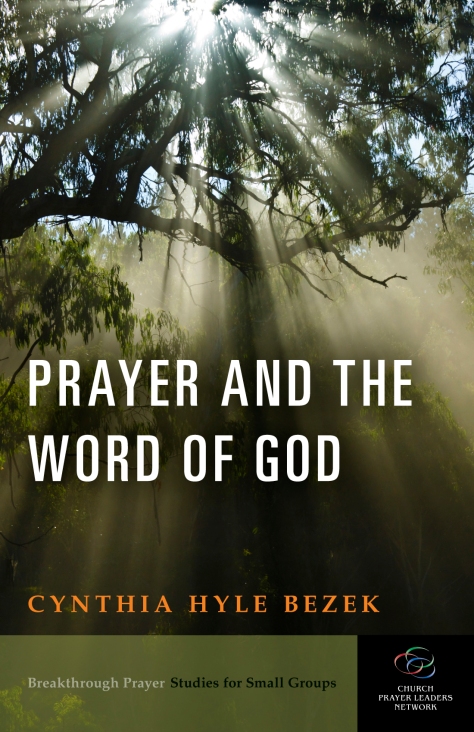I’m not old. Let’s be very clear about that. But the odds are incredibly high that one day I will be old. So that’s why I’m planning ahead.
Practically, I’m planning ahead by investing in some long-term care insurance. It’s not the most fun purchase I’ve ever made, but it’s important preparation for my physical and mental wellbeing in years to come.
And what about your spiritual preparation for old age? God has asked me more than once recently.
Good question. How exactly do I prepare spiritually for life in my 70s and 80s, if God gives me that many years? I would like to age into a grateful, faithful, peaceful, joyful, still-learning, still-giving old woman. But I know that won’t happen automatically.
So I’ve been responding to God’s question with a question of my own: Father, how can I mature into that gracious old woman I’d like to become? And He’s answered in various ways. He’s introduced me to men and women who are living in joyful faith in spite of the losses and trials of aging. He’s helped me discover saints who, well into their 80s, still exude humble wisdom. And He’s opened my eyes to Bible stories of people who aged well . . . and ones who didn’t. For example, 2 Chronicles records the history of the kings of Judah. It amazes me to see how many kings started well—I mean, really well—yet ended in spiritual failure. Their stories give me fodder for some serious soul-forming prayers.
Here are some of those kings, the ways they lost spiritual traction, and the prayers-for-aging I’m praying as a result.
- Asa was an awesome king early on. He rid his kingdom of idols. He even removed his own grandmother from her position as queen mother because of her pagan idols. Asa depended on God for success in battle—and God answered. But Asa blew it during a military threat late in life. Instead of praying, he tried to buy military protection. When a godly man attempted to correct him, he went into a rage and punished him. And it was just downhill from there.
Lord, I know that I can’t buy security. You alone are my shield and fortress. Forgive me for times when fear moves me to depend on anything besides You to protect me. Help me to trust You—completely—all the days of my life.
- Jehoshaphat started out as a great king, too. He obeyed God. He led the nation in pure worship. And when enemies threatened, he also went to God. He’s famous for the prayer, “We don’t know what to do, but our eyes are on You” (20:12). But Jehoshaphat had a bad habit of investing in relationships that compromised his walk with God. Ultimately the Lord destroyed his work because he continued to “help wicked people and love those who hate the Lord” (19:2).
God, whenever I try to please people, I always get into trouble. Grow in me an ever-deeper desire to live for Your “Well done,” so that I am not tempted to give my loyalties to people who will lead me away from You.
- Then there’s Joash. As long as his godly counselor lived, Joash was a wonderful king. He carefully did what was right in the Lord’s sight, including overseeing a huge temple renovation project. But after his counselor died, Joash went to wicked men for guidance—and they led him to sin. Apparently Joash didn’t have a moral compass. Lacking his own inner resources, Joash was only as good as the counsel others gave him.
Jesus, strengthen me in my inner person. Give me spiritual discernment so that I can know right from wrong and wisdom from foolishness. When I need outside counsel, please give me godly counselors.
- At first, King Uzziah feared the Lord and dedicated his life to serving Him. Because of this, the Lord gave him success for many years. But Uzziah’s success eventually went to his head. He didn’t think God’s laws applied to him anymore. The priests tried to correct him, but he only raged at them. So God struck him with leprosy.
Father, my blessings come from Your hand—all I have and am is from You. Give me a humble and teachable heart. Help me to take correction gracefully. Keep me soft, even into my old age.
- For decades, Hezekiah was a very cool king. He reinstated the Passover after many long years of neglect and prompted a revival among some of the apostate tribes of Israel. He interceded for backsliders, and God responded by healing them. But late in life, he no longer responded to the Lord’s kindness. He became proud and ungrateful. Early on he had been faithful to God and gracious to his people, but Hezekiah finished out his life as a self-centered old man.
God, help me never to take Your kindness for granted. Give me a thankful heart that overflows with gratitude. And help me always to be concerned about others. Even when my own time on earth is almost over, help me to care about those who come after me, doing whatever I can to help them live in Your blessing.

